Following are some of the contributions made by the national CSOs in sanitation;
1. Policy Dialogue: CSOs contributed significantly to influencing, lobbying, drafting and reviewing national sanitation policies, guidelines, and roadmap. They are also a major player in creating awareness on sanitation issues and mobilizing volunteers to become a part of the solution. They are also responsible for highlighting the government's efforts and letting people do their part.
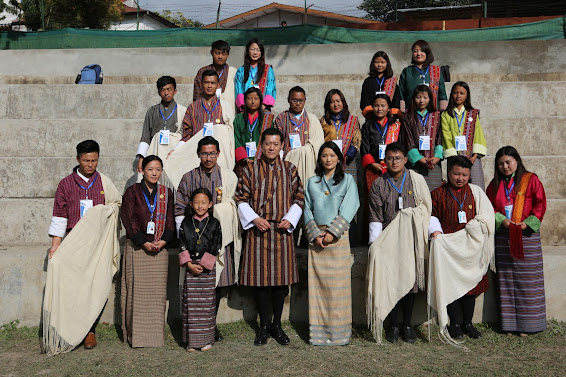

2. Proper management of public toilets: many public toilet facilities have become defunct without proper ownership or management. CSO volunteers conducted mass cleaning campaigns to make the facilities usable and handed them over to caretakers.


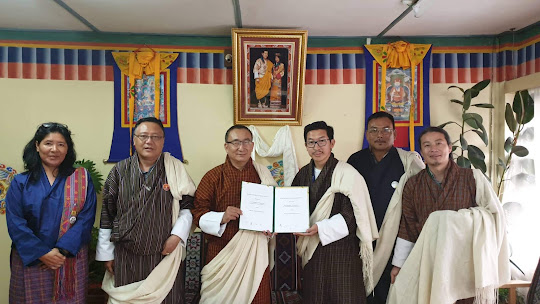
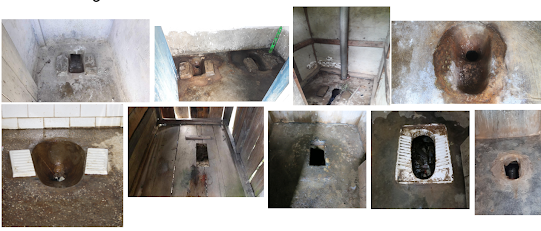

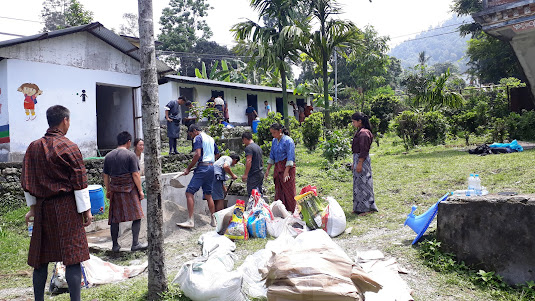
4. Monastic School Toilet: to make toilet facilities in the monastic schools clean and safe for the monks and nuns, the old toilets were upgraded using the same method carried out in the schools. The monks are trained to maintain and manage the facilities hence.

5. Toilet for Persons with Disabilities (PwD) and Elderly: For people who cannot go to the toilet or use ordinary toilets due to disabilities, age or sickness, CSOs have taken various initiatives to either make toilets accessible or bring in innovative technologies to put toilets closer to the people. Small portable toilets were introduced as bedside toilets that are made available to people in various forms and models.
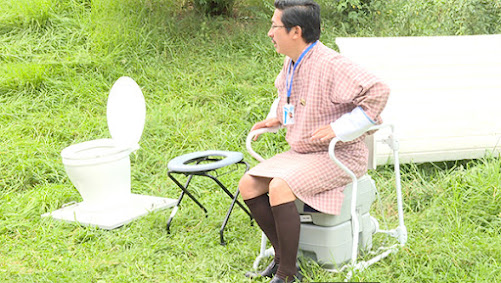

6. Emergency Toilets; During the pandemic, hundreds of duty stations were built along the borders and hundreds more outside the quarantine facilities. CSOs rose to the occasion and helped provide sanitation facilities for duty personnel across the country and for the displaced communities and schools.



7. Rural Toilets: CSOs have worked with communities that are hard to reach and that are vulnerable to the impacts of climate change in improving their livelihood. Communities are empowered with economically viable activities and provided housing and sanitation that are resilient and in coherence with their environment. About 1000 rural families who could not afford sanitation facilities were supported by various CSOs. On top of that, CSOs have brought in technologies to upgrade hundreds of old rural toilets to speed up government efforts to achieve 100% ODF.

8. Event Toilet: During events, the venues do not have sufficient toilet facilities. These events usually lead to massive public health issues. But CSOs have developed modern interventions to provide portable toilet facilities and safe temporary toilets to tackle the issue.

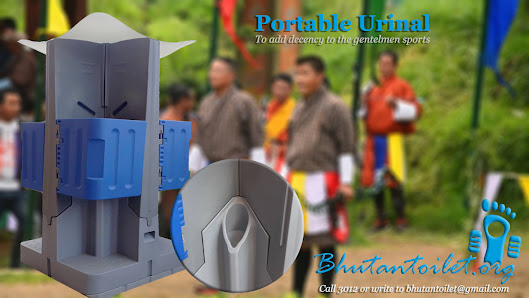
9. Professional Toilet Managers: There are no professional sanitation workers. We have been dependent on foreign workers to deal with the dirty job. CSOs have worked to create opportunities for the emergence of local professionals who are proud and skilled in doing the job. Over 200 Bhutanese cleaners are trained to manage toilets professionally.

Note: The above write-up is a brief note prepared to be included in a national presentation to be made at SaniLearn Workshop in Sri Lanka. It includes the works of CSOs like Bhutan Toilet Org, Tarayana Foundation, Ability Bhutan Society, RSPN, Rotary Club of Thimphu, among others. I am sharing this to celebrate CSO's contributions to sanitation to reserve World Toilet Day.







